25 dead in Haiti as river swells and floods after Hurricane Melissa's heavy rains
Thu 30 Oct 2025, 01:35:32
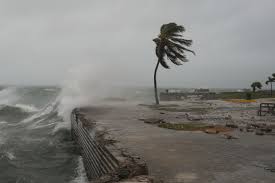
At least 25 people have been killed in Haiti after a river swollen by Hurricane Melissa burst its banks, flooding homes and sweeping away entire neighbourhoods in the southern coastal town of Petit-Goave, officials said on Wednesday.
Jean Bertrand Subreme, the town's mayor, told the Associated Press that the La Digue river overflowed following torrential rains from the hurricane, inundating dozens of homes. "I am overwhelmed by the situation," he said, adding that rescue efforts were underway but that many people remained trapped under collapsed structures. "We urgently need government help to rescue victims."
The storm, one of the most powerful ever recorded in the Caribbean, has already devastated Jamaica and eastern Cuba, leaving a trail of destruction across multiple islands.
According to the US National Hurricane Centre (NHC), Melissa moved offshore from eastern Cuba into the southwestern Atlantic early Wednesday, with maximum sustained winds now at 100 mph (160 kph), down from 185 mph when it slammed into Jamaica on Tuesday as a Category 5 storm, the strongest in the island's history.
Before weakening slightly, the hurricane made landfall in Cuba's Guam region, about 25 miles west of Santiago de Cuba, with winds of 120 mph (195 kph). The NHC warned of "life-threatening storm surge, flash flooding, landslides, and damaging hurricane winds" across the region.
Cuban authorities said more than 735,000 people were evacuated ahead of the storm's arrival. Power was cut to most of eastern Cuba as the government braced for severe flooding and landslides, particularly in the mountainous Sierra Maestra range.
Videos shared by Cuban state media showed
torrents of muddy water sweeping through Santiago's streets and residents wading through knee-deep floods. Officials said the storm has worsened the island's ongoing economic crisis, which has already led to shortages of food, fuel, and medicine.
torrents of muddy water sweeping through Santiago's streets and residents wading through knee-deep floods. Officials said the storm has worsened the island's ongoing economic crisis, which has already led to shortages of food, fuel, and medicine.
Just hours earlier, Melissa had left Jamaica reeling after unleashing catastrophic winds and torrential rain. The southwestern parish of St. Elizabeth was "underwater," according to local officials, with major hospitals, homes, and road networks severely damaged.
Prime Minister Andrew Holness said more than half a million residents lost power and warned that some fatalities were feared. "Our country has been ravaged by Hurricane Melissa, but we will rebuild, and we will do so even better than before," Holness told CNN.
At Montego Bay's airport, floodwaters submerged waiting areas and shattered glass panels, while eyewitness videos showed uprooted trees, collapsed roofs, and roads turned into rivers.
Meteorologists have ranked Melissa among the most intense hurricanes ever recorded in the Caribbean, trailing only Wilma (2005) and Gilbert (1988). Scientists say rising ocean temperatures linked to climate change are fueling such extreme storms.
With the system now moving northeast, The Bahamas has ordered evacuations from its southern islands ahead of Melissa's expected landfall.
For Haiti, already battered by political turmoil, gang violence, and economic instability, the flooding marks yet another tragedy. As rescue operations continue in Petit-Goave, officials fear the death toll could rise.
"Bodies are still being recovered," Mayor Subreme said. "This is a disaster our town will never forget."
No Comments For This Post, Be first to write a Comment.
Most viewed from International
Most viewed from World
AIMIM News
Latest Urdu News
Most Viewed
May 26, 2020
Where should be the burial of the pilgrims martyred in the Saudi Arabia bus accident?
Latest Videos View All
Like Us
Home
About Us
Advertise With Us
All Polls
Epaper Archives
Privacy Policy
Contact Us
Download Etemaad App
© 2025 Etemaad Daily News, All Rights Reserved.

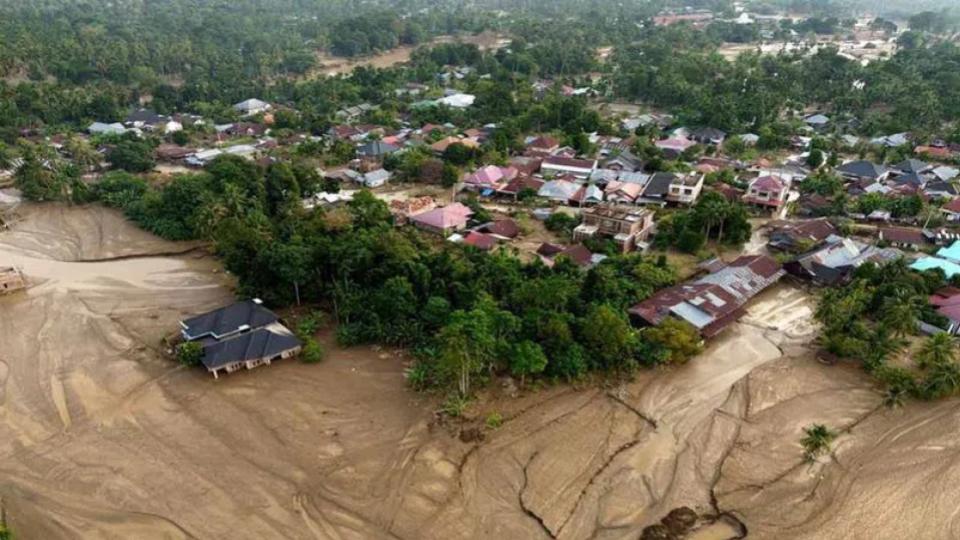





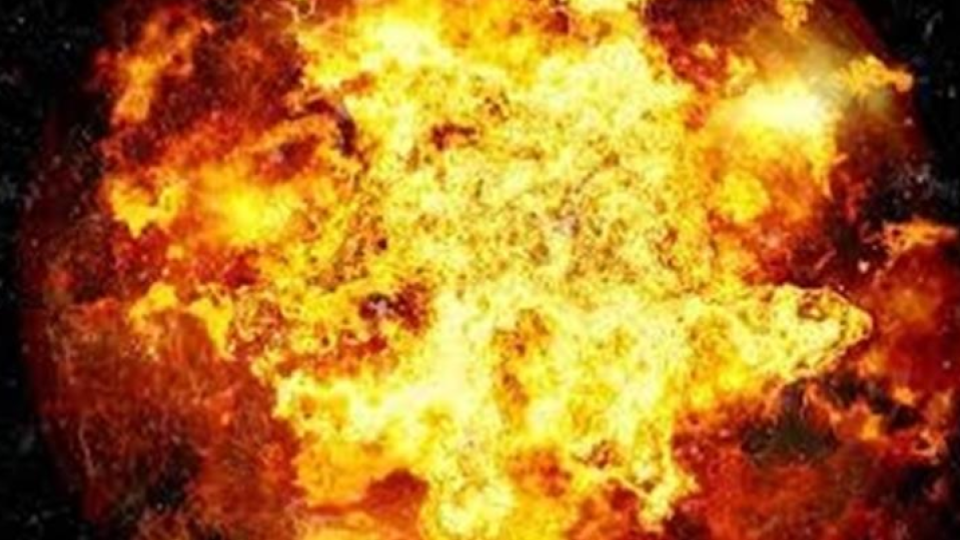


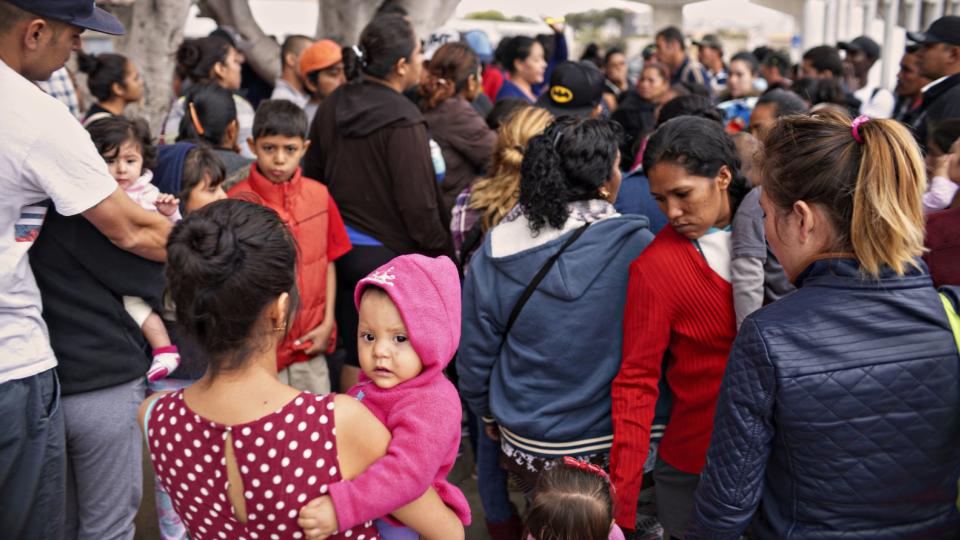
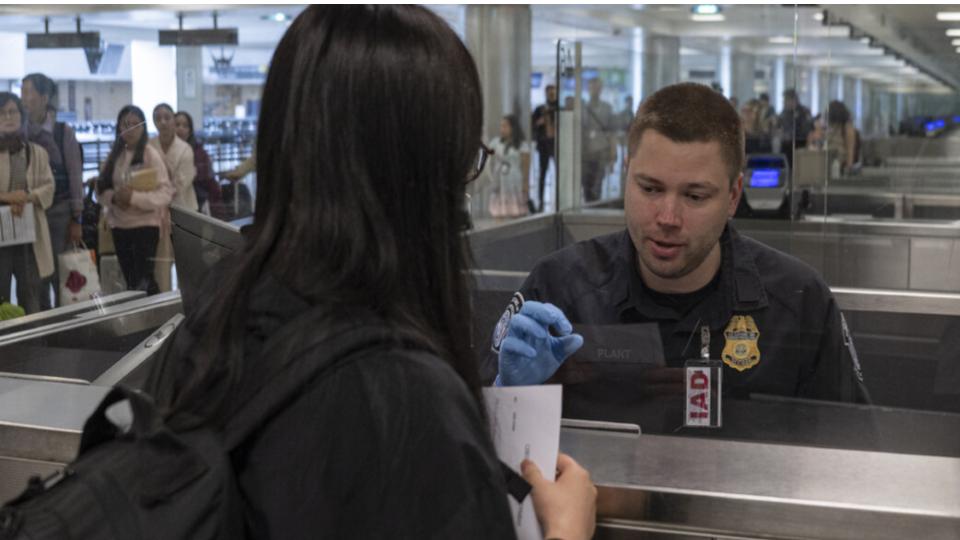


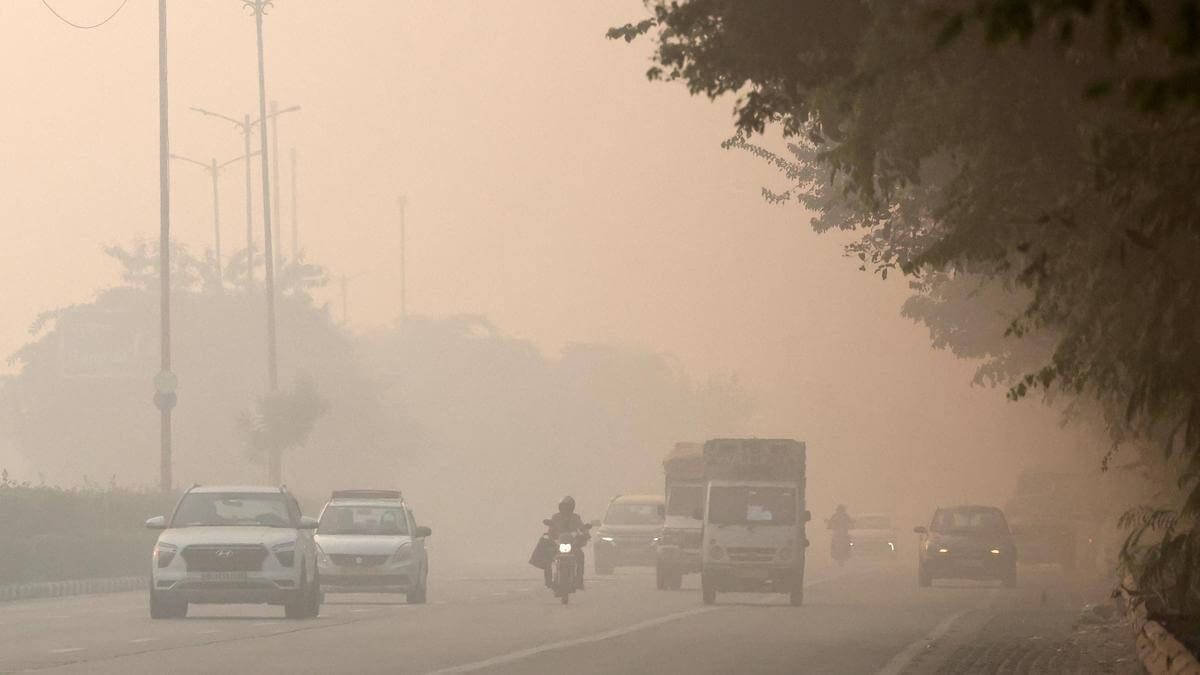







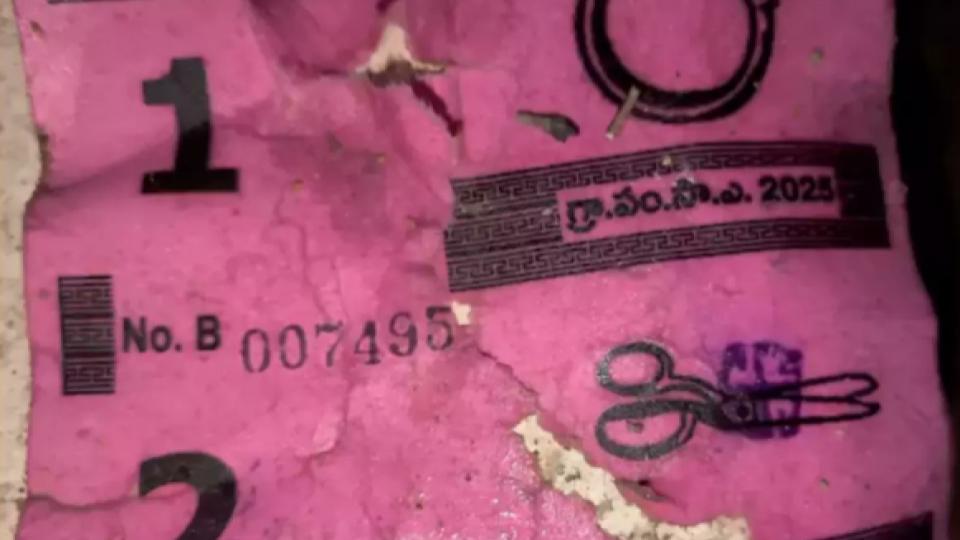














.jpg)
.jpg)
.jpg)


